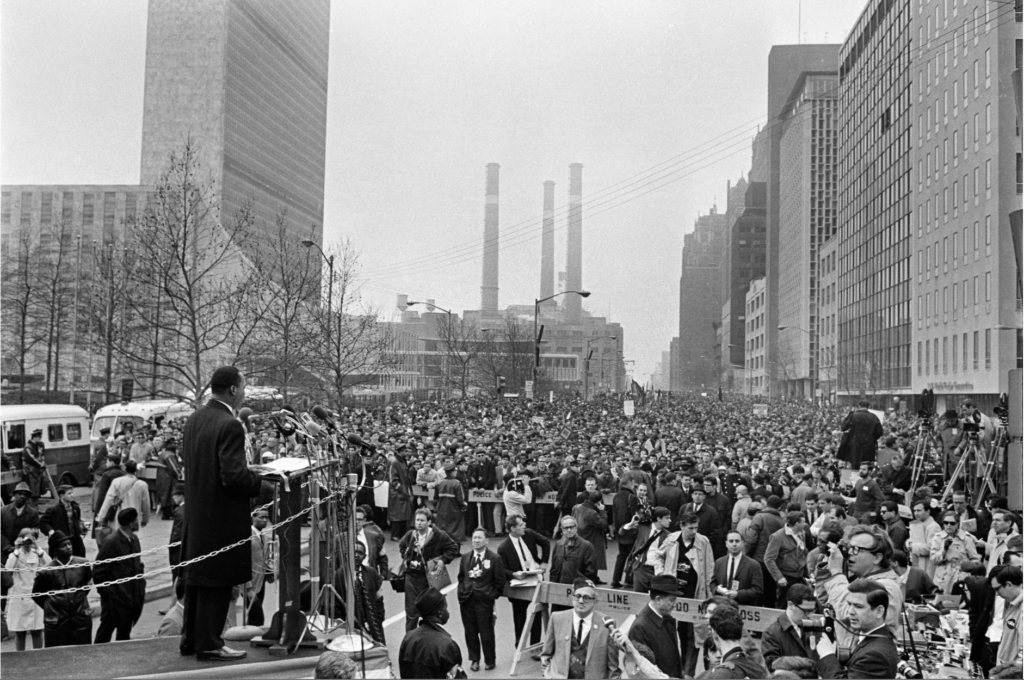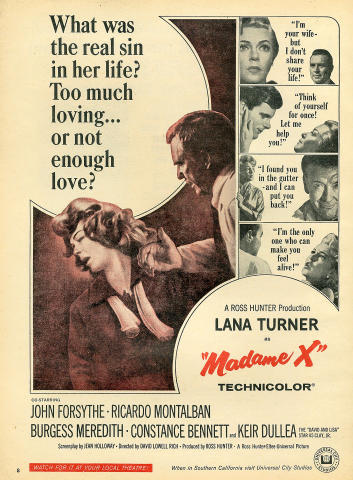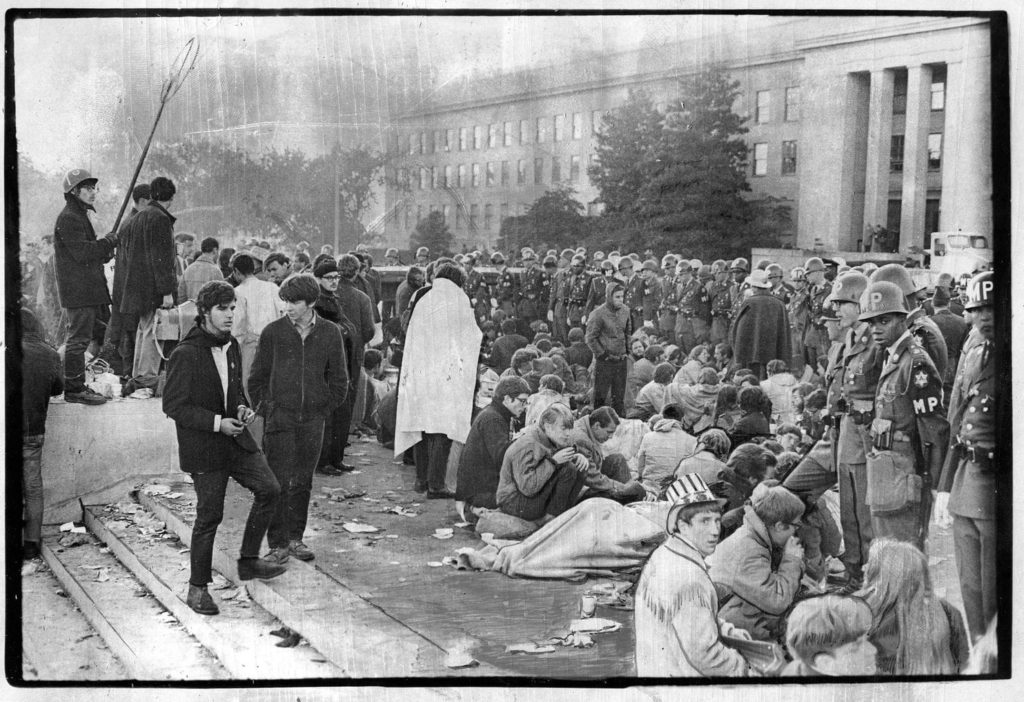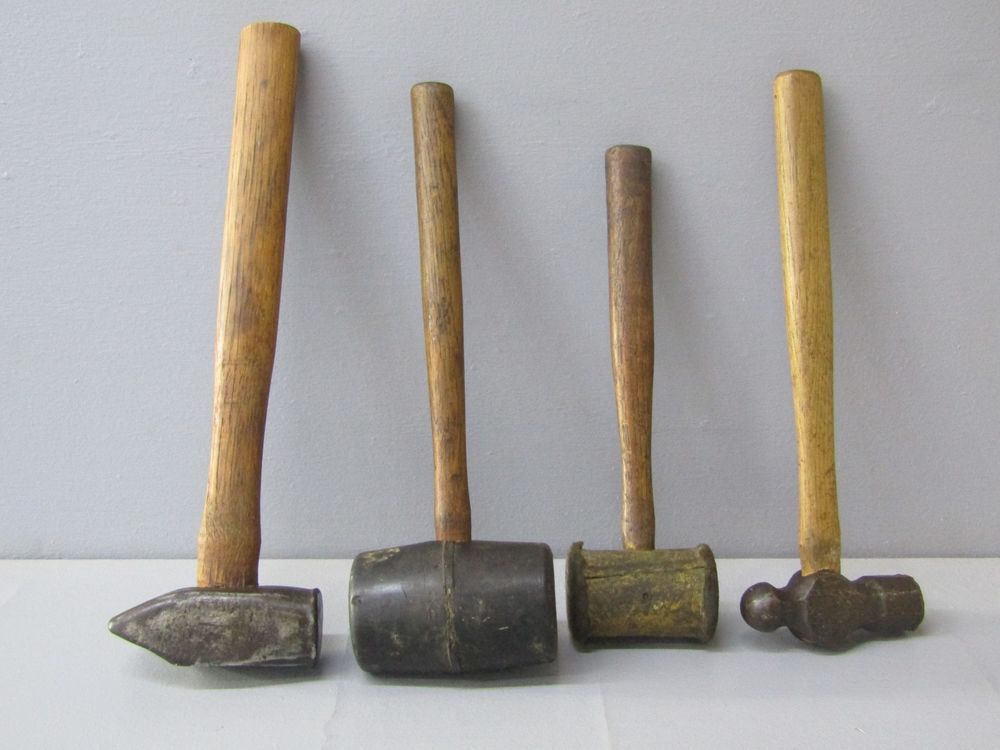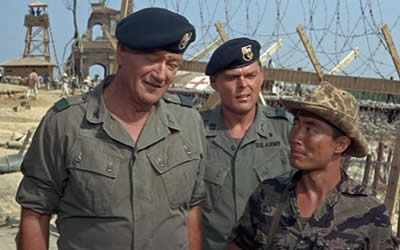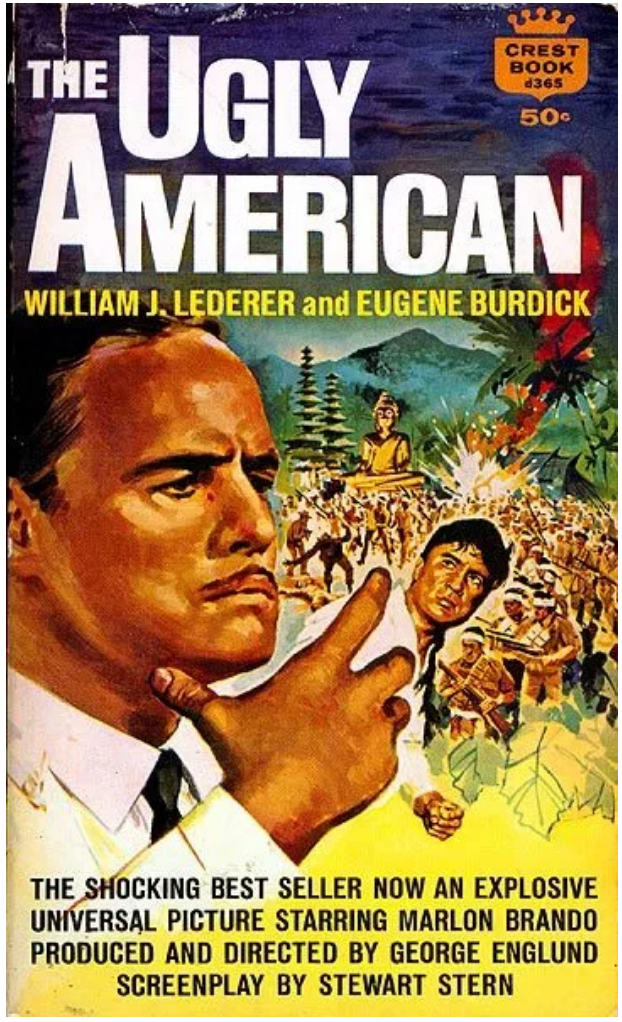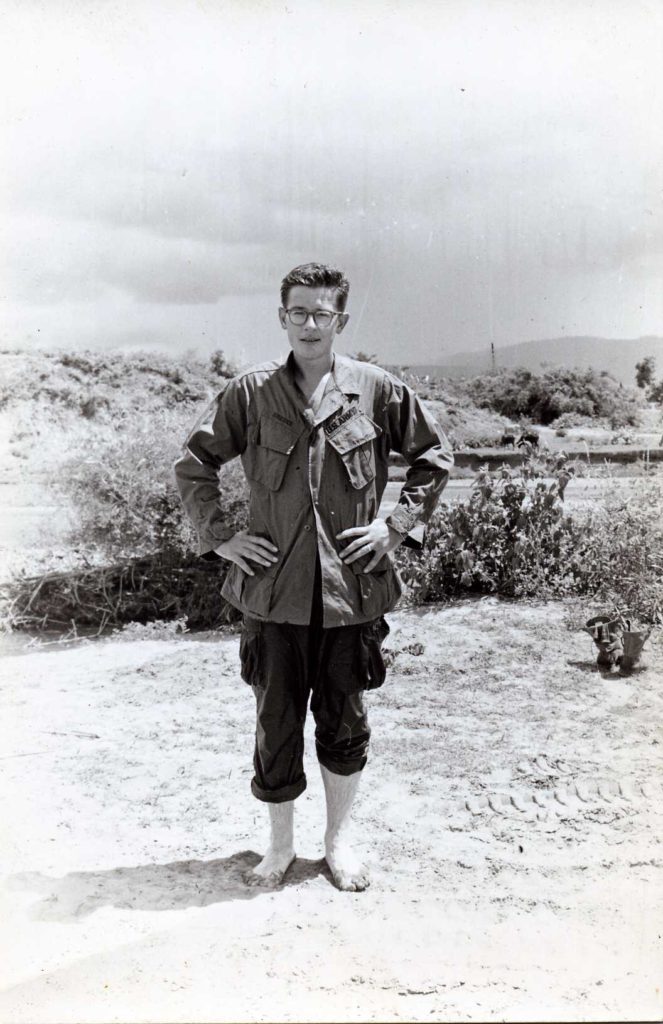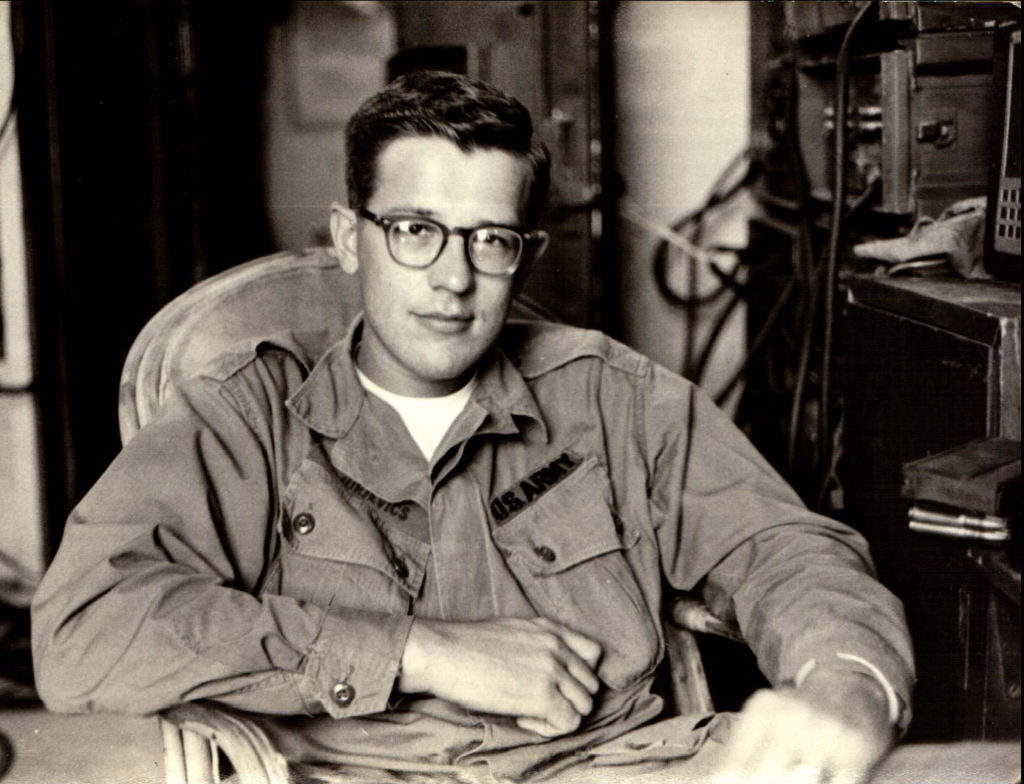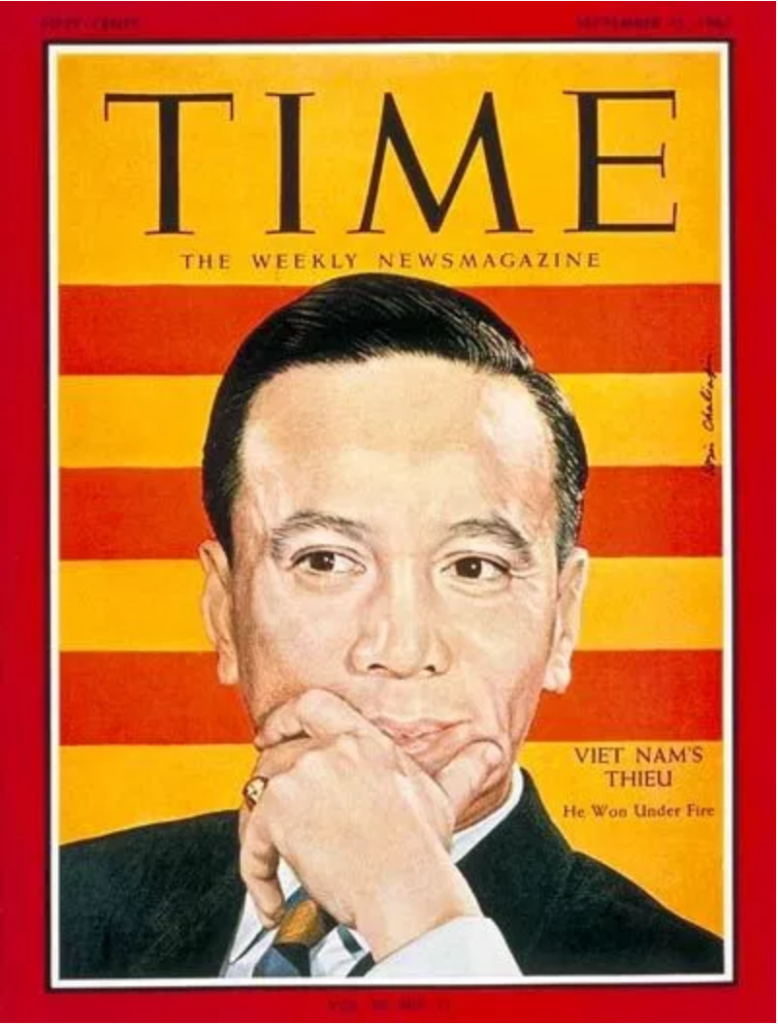Clear-eyed from the start, only two months into his tour (April, 1967) Juris wrote: “I was just reading about the peace protests in NY and on the coast. Quite a picture, that mob of people at the U.N. I don’t know what they proposed as a solution, but I dare venture to predict something will break before Nov. ’68 and the election. For all of Johnson’s platitudes and pronouncements on the subject, this thing is going nowhere. He’s either going to have to throw in the towel gracefully – step off and make some big concessions and make it look like something other than saving face — or else step aside for the next poor sap to try his hand at this mess over here. Lyndon can announce and denounce all he likes but that jungle doesn’t budge an inch for all the rhetoric, and these people know their terrain. We hold what we sit on and waltz around during the day but come sundown it’s all “his.” Sometimes they even pop up during the day. The locals recently held their umpteenth holiday rally (very pathetic affairs) and the VC joined it with their own banners and people just to let us know who is really running the show and just how close they can get. And about all we could do was to scare them all off with a few rounds through the Red banners. This whole war is one big unfunny joke.”
